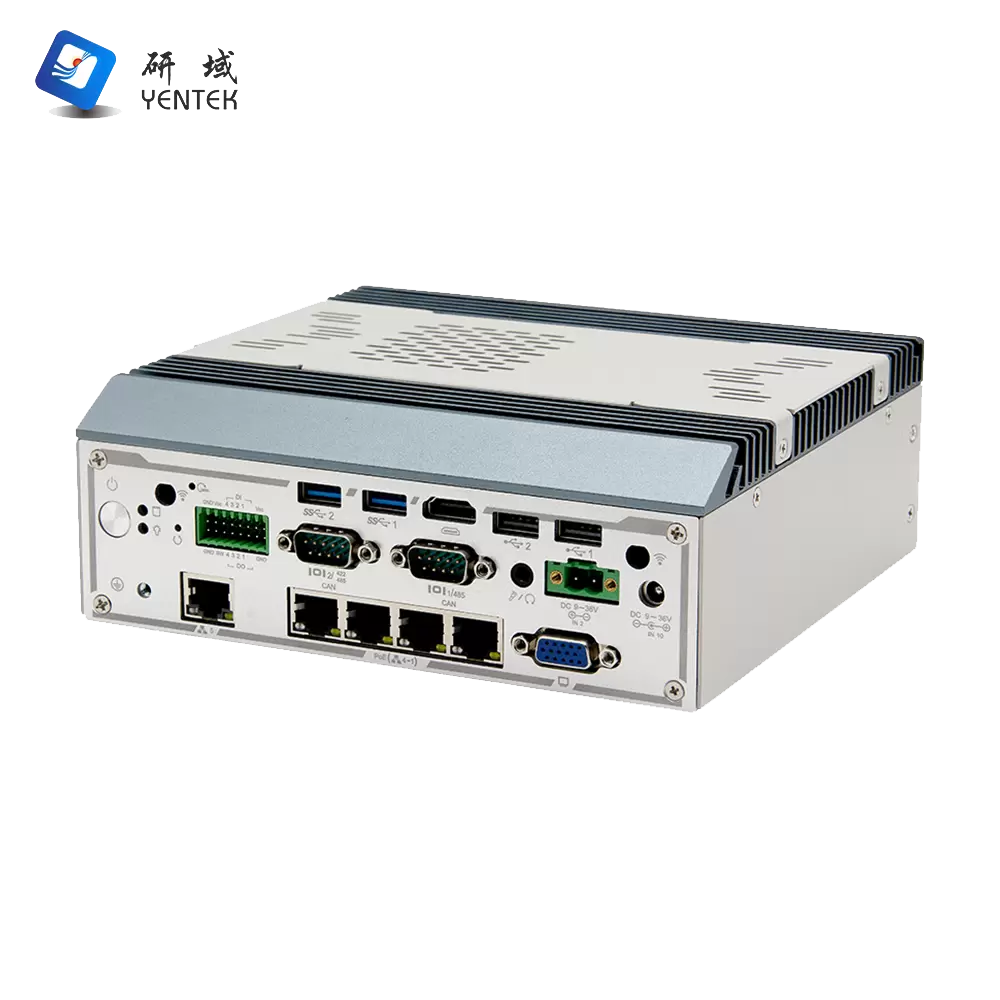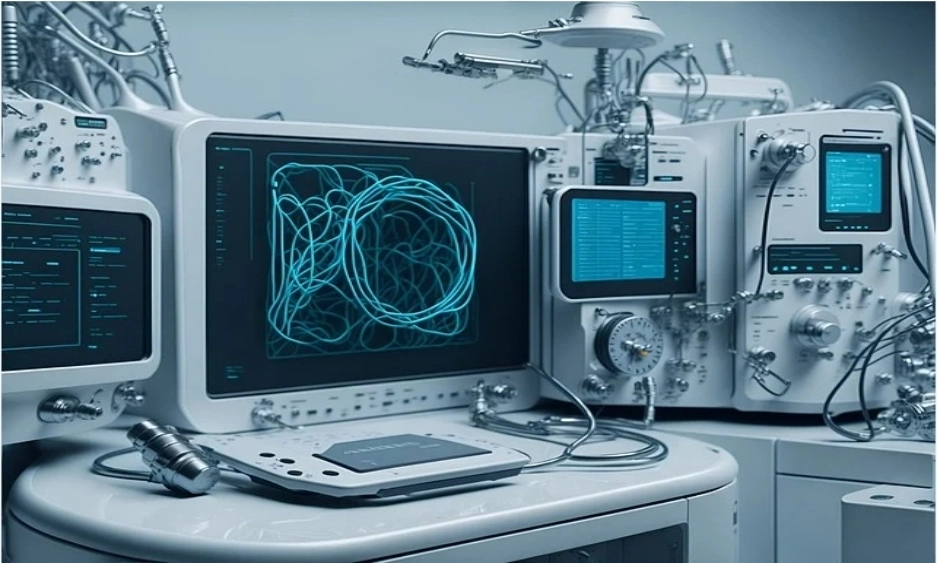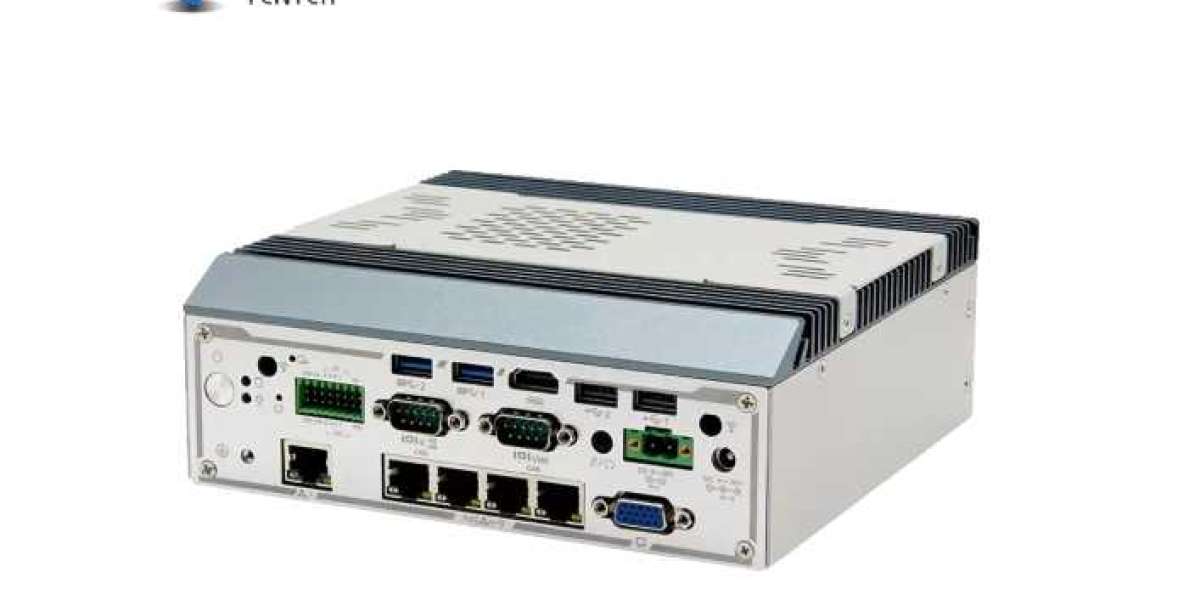The integration of technology in healthcare has revolutionized the way medical devices operate, leading to enhanced patient care and streamlined processes. Among the key players in this technological evolution are embedded PCs, which play a crucial role in the functionality of various medical devices. This article explores the significance, applications, and future trends of embedded PCs in medical devices, with a focus on YENTEK® and its contributions to this field.
Understanding Embedded PCs
What are Embedded PCs?
Embedded PCs are compact computing systems designed for specific control functions within larger systems. Unlike traditional computers, they are optimized for performance, reliability, and energy efficiency. These systems are typically integrated into medical devices to perform tasks such as data processing, user interface management, and communication with other devices.
Key Characteristics of Embedded PCs:
Compact Size: Designed to fit within the constraints of medical equipment.
Energy Efficiency: Low power consumption is essential for battery-operated devices.
Durability: Built to withstand harsh environments and ensure longevity.
Real-time Processing: Capable of processing data instantly for timely decision-making.

Applications of Embedded PCs in Medical Devices
Embedded PCs have found numerous applications in the medical field:
1. Patient Monitoring Systems
Embedded PCs are integral to patient monitoring systems that track vital signs such as heart rate, blood pressure, and oxygen levels. These systems require real-time data processing to alert healthcare professionals of any abnormalities promptly.
2. Diagnostic Equipment
In diagnostic imaging devices like MRI machines and ultrasound equipment, embedded PCs manage complex algorithms that process images and provide accurate diagnostics. Their ability to handle high-resolution data is crucial for effective imaging.
3. Surgical Devices
Modern surgical tools often incorporate embedded PCs to enhance precision during procedures. For instance, robotic surgical systems use these computers for real-time control and feedback, improving surgical outcomes.
4. Telemedicine Solutions
With the rise of telemedicine, embedded PCs facilitate remote consultations by managing video conferencing tools and patient data transmission securely. This capability is essential for providing healthcare access in remote areas.
The Role of YENTEK® in Medical Device Technology
YENTEK® specializes in the development and manufacturing of industrial computing products, including embedded PCs tailored for medical applications. Their commitment to innovation ensures that healthcare providers have access to reliable technology that enhances patient care.
Product Offerings:
Industrial Panel PCs: These devices combine display and computing capabilities, making them ideal for interactive medical applications.
Fanless Embedded PCs: Designed for environments where noise reduction is critical, these systems are perfect for sensitive medical settings.
Ruggedized Computers: Built to endure the rigors of medical environments, ensuring consistent performance even under stress.

Advantages of Using Embedded PCs in Medical Devices
The incorporation of embedded PCs into medical technology offers several advantages:
1. Enhanced Performance
Embedded PCs provide superior processing power tailored to specific tasks, ensuring that medical devices operate efficiently without lag.
2. Improved Reliability
These systems are designed for continuous operation with minimal downtime, which is critical in healthcare settings where every second counts.
3. Scalability
As technology advances, embedded PC solutions can be upgraded or modified without replacing entire systems, allowing healthcare providers to keep pace with innovations.
Future Trends in Embedded PCs for Medical Devices
The future of embedded PCs in medical technology looks promising with several emerging trends:
2. IoT Connectivity
The Internet of Things (IoT) will enhance the connectivity of medical devices, enabling better data sharing and patient monitoring capabilities through embedded PC solutions.
3. Miniaturization
As technology advances, the trend toward smaller but more powerful embedded systems will continue, allowing for better integration into various types of medical devices without compromising performance.

Conclusion
Embedded PCs play a key role in modernizing medical devices, enhancing their functionality and reliability. Companies like YENTEK® are at the forefront of this technological advancement, providing innovative solutions that meet the needs of healthcare providers around the world. As we move forward, we will further transform the way these systems operate, ultimately improving patient outcomes and increasing the efficiency of healthcare delivery.








